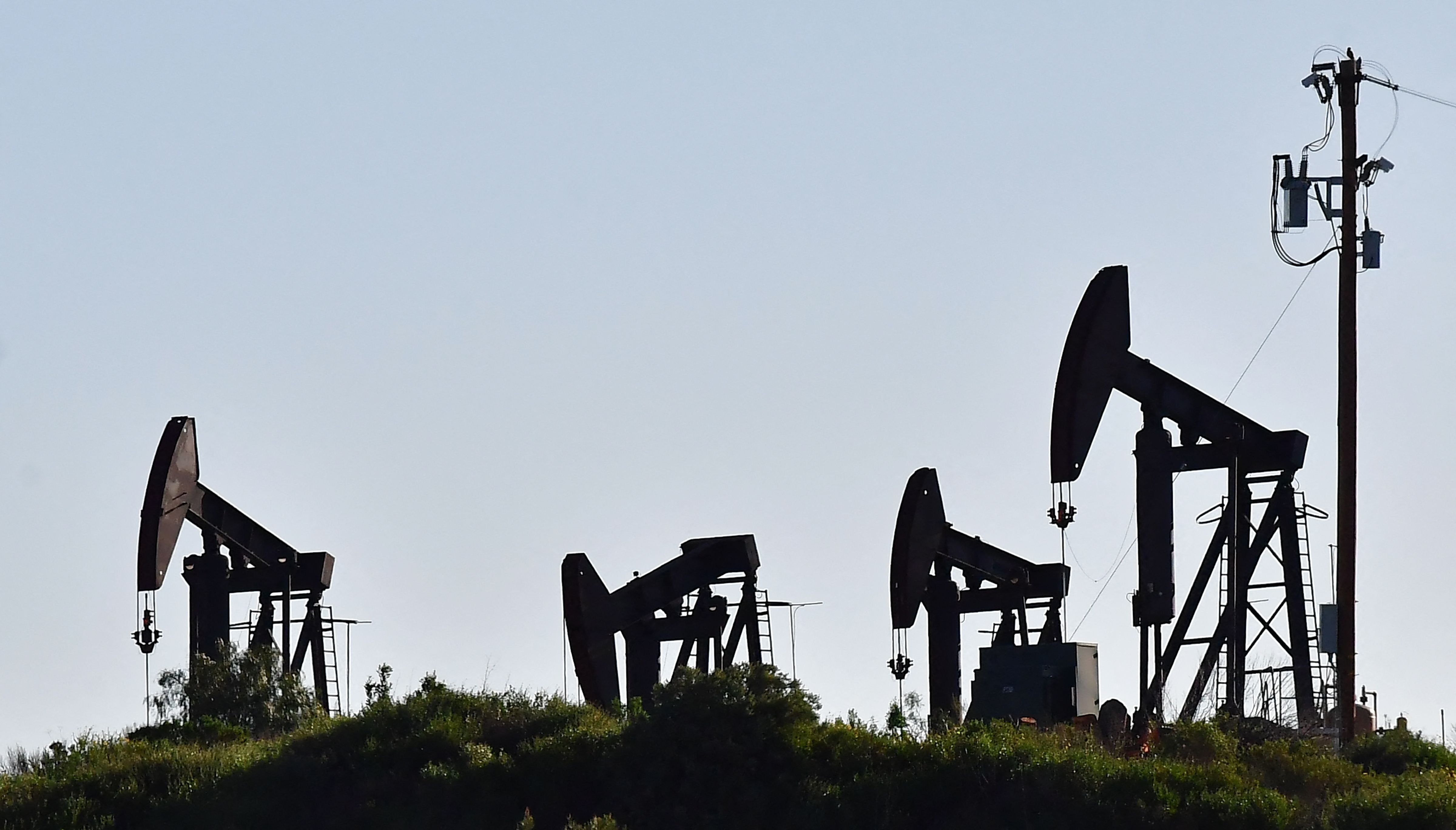
Oil prices soared on Tuesday after the United States banned imports of Russian oil, a move that also pushed nickel up to an all-time high and rattled stock markets.
Although it remained below Monday’s high of $139.13 a barrel, Brent, the main international benchmark, rose 6.8% to $131.63.
For its part, the reference barrel in the United States, the WTI, rose 6.7%, to US$ 127.44 per barrel.
US President Joe Biden on Tuesday announced a ban on US imports of Russian oil, while the UK said it will phase them out by the end of the year.
The countries of the European Union, which receive approximately 40% of their gas imports from Russia and a quarter of their oil imports, have chosen to set the objective of reducing their imports of Russian gas by two thirds.
Moscow has already warned that in retaliation for sanctions after the invasion of Ukraine it could cut off natural gas supplies to Europe through the Nord Stream 1 pipeline.
Although the United States does not import large amounts of Russian oil, analysts believe the move is important, because it represents the “launching an all-out economic war against Russia” by the United States, according to Fawad Razaqzada of ThinkMarkets.
“There will be consequences: high gas prices, even more inflation and retaliation from Russia”, he assured.
According to OANDA’s Craig Erlam, “it is one more step for the West to turn its back on Russia and leave it isolated in the world”.
The rise in oil prices slowed down the rally in the stock markets in Europe and the United States.
While London managed to gain 0.1%, Frankfurt ended the day unchanged and Paris lost 0.32%. In Madrid, the Ibex-35 closed positive (+1.82%) in a volatile session.
On Wall Street, the Dow was down 0.6% by late morning.
Commodity prices also felt the effects of Russia’s growing isolation and the London Metal Exchange suspended trading in nickel after the metal — used to make stainless steel and batteries for electric vehicles — soared. to a record $101,365 a tonne amid fears over Russian supply.
“Russia is one of the world’s leading exporters of this raw material and, with the possibility of sanctions being imposed on Western countries, the market could suffer a major supply crisis in the short term, which could lead to further price increases. until the situation stabilizes”, said Walid Koudmani, chief market analyst at online trading platform xtb.
Source: Gestion
Ricardo is a renowned author and journalist, known for his exceptional writing on top-news stories. He currently works as a writer at the 247 News Agency, where he is known for his ability to deliver breaking news and insightful analysis on the most pressing issues of the day.











